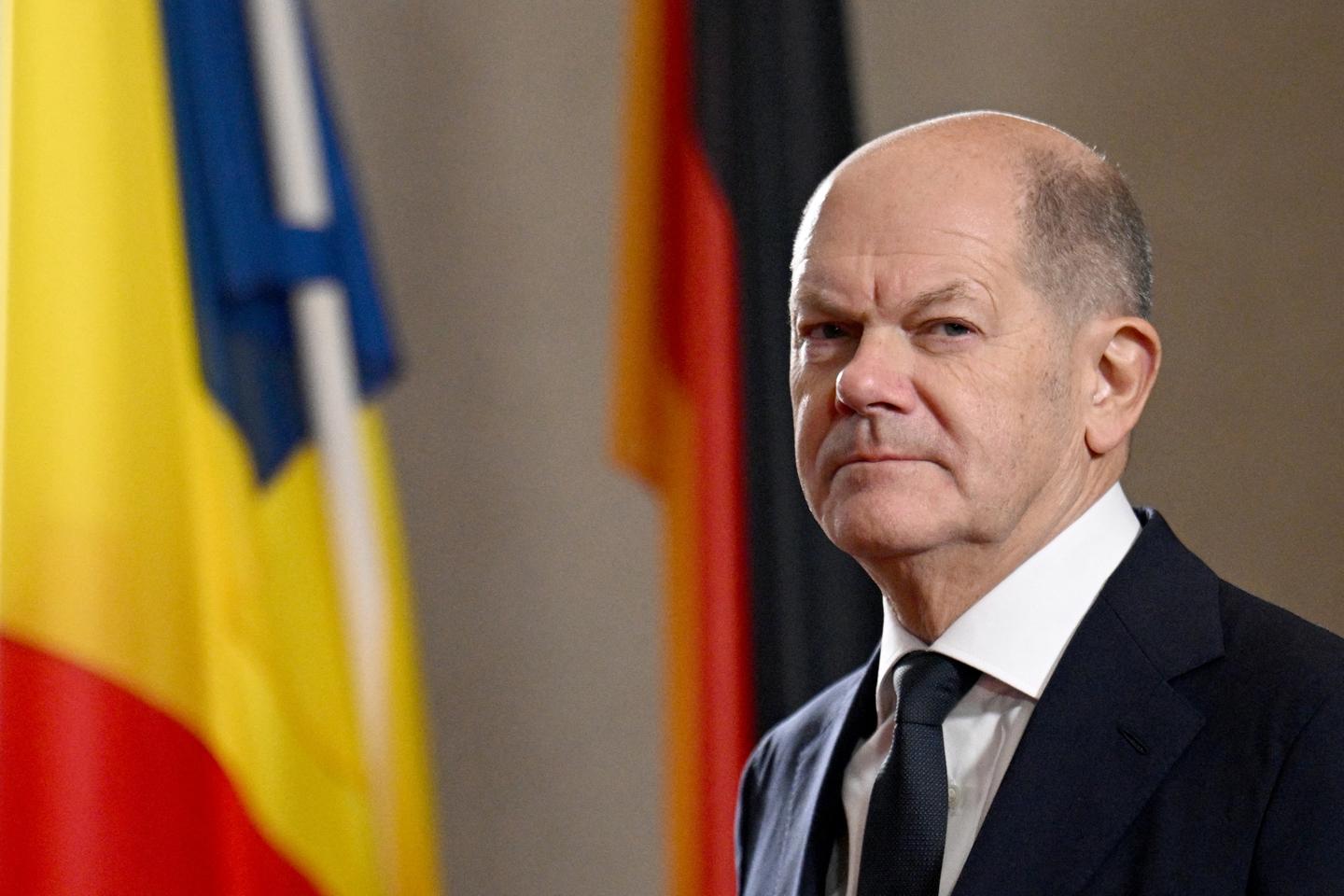


German Chancellor Olaf Scholz on Friday, November 15, urged Russian President Vladimir Putin to engage in peace talks with Ukraine, in the first call between the leaders in almost two years. In the call, Scholz "condemned Russia's war of aggression against Ukraine and called on President Putin to end it and withdraw troops," the chancellor's spokesperson Steffen Hebestreit said.
The German leader "urged Russia to show willingness to negotiate with Ukraine with the aim of achieving a just and lasting peace," Hebestreit added in a statement. Scholz also stressed "Germany's unwavering determination to support Ukraine in its fight against Russian aggression for as long as necessary."
The call comes at a crucial juncture in the war. Ukrainian troops are coming under pressure and the election of Donald Trump in the United States has cast doubt on Washington's continued support for Kyiv.
The Kremlin said Putin had a "detailed and frank exchange of views on the situation in Ukraine" with Scholz, with the call initiated by the German side. Putin told Scholz that any agreement to end the war in Ukraine "should take into account the security interests of the Russian Federation," the Kremlin added. An accord should "proceed from the new territorial realities and, most importantly, address the root causes of the conflict."
Ukraine contact
Before picking up the phone to Putin, Scholz spoke with Ukrainian President Volodymyr Zelensky, Scholz's spokesman said. The German and Ukrainian leaders spoke "beforehand and will do so again after the conversation with the Russian president," the spokesman said. The call between Scholz and Putin was the first time the two have been in contact since December 2022.
During the hour-long call, Scholz "particularly condemned the Russian air strikes against civilian infrastructure in Ukraine," said a German government source. "He made it clear that sending North Korean soldiers to Russia for combat missions against Ukraine would lead to a serious escalation and expansion of the conflict," the source added. Berlin would keep NATO and European Union allies informed throughout the talks, while the German and Russian leaders had "agreed to remain in contact."
Scholz's December 2022 call with Putin was the last known phone call between the Kremlin chief and the leader of a major Western country. Putin has spoken to few NATO and Western leaders since 2022, when the EU and the US imposed massive sanctions on Russia for launching its shock Ukraine offensive.
Within the NATO bloc, Putin maintains contact with Hungarian Prime Minister Viktor Orban – who is critical of Western policy on Russia – and with Turkish President Recep Tayyip Erdogan.
